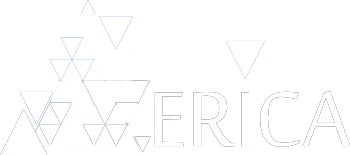CASH II Project
About Cash II Project
CASH II is a Swiss-Danish research project investigating the effect of aluminum, potassium and sodium on the structure and solubility of calcium silicate hydrates (C-S-H) using innovative experimental methods and computational modelling.
The (partial) replacement of Portland cement by supplementary cementitious materials (SCMs) is an efficient to reduce CO2emissions associated with Portland cement product. The industrial application of SCMs based materials is hampered by the fact that low-CO2 cementitious materials have different chemical composition resulting in other hydrates than in Portland cements, where Ca-rich calcium silicate hydrates(C-S-H) is the main hydrate. The composition of C-S-H changes in the presence of silica rich SCMs such as blast furnace slag, fly ash, silica fume or calcined clays, where C-S-H with a low Ca/Si ratio and high aluminum and alkali content is the most important hydrate that forms. The work includes experimental investigations of the influence of varying Ca/Si ratios, the presence of aluminum and alkali ions on the solubility, structure, and composition of synthetic C(-A)-S-H gel and on aqueous complex formation and the development of a thermodynamic model of C(-A)-S-H based on the solubility of C-S-H and on the structural information and surface properties.
Calcium silicate hydrates with aluminum (CASH II) – This project has received funding from the Swiss National Foundation (SNF), project No. 200021_169014 / 1 and the Danish Council for Independent Research, Technology and Production, grant no. DFF-7017-00097.
Copyright NANOCEM 2019 | Cookie Policy | Privacy Policy | Terms of use | Privacy Centre
